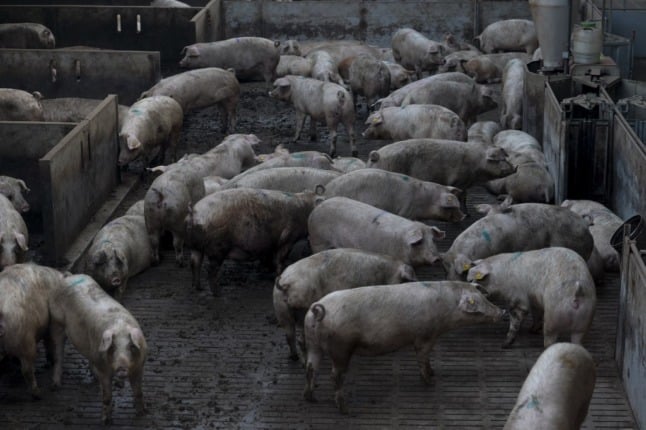The country’s permit-granting Climate and Pollution Agency authority said Norway’s geography is to blame, as high-mountain mining discards toxic waste into the fjords below. Only three other countries — Indonesia, Papua New Guinea, the Philippines and Turkey — allow dumping at sea, says the UN’s International Maritime Organization.
While major industry players have stopped the practice, mining is again taking hold in Norway, with smaller operators hoping dumping costs can be kept low. A state mining giant is also looking to launch, and has its sights set on coal-mining archipelago Svalbard and vast areas in the north of Norway.
In addition, the country’s wealth-maker — the oil industry — has been allowed to abandon the tailings made by boreholes through the seabed.
The oil industry’s drill deposits, however, are just a tiny fraction of what biologists say coastal mining drops into the fjords.
A 100-million-kroner state survey of northern Norwegian mountains is currently underway, and the government promises a new minerals policy by spring 2012.
“It’s a revival of the mining industry and they wish to re-open, double and triple production,” marine biologist Jan Helge Fossaa of the Institute of Marine Research told Dagens Næringsliv.
He said the new operations will likely lead to “one of the worst environmental cases” in coastal Norway in the years to come.
It is expected that a largely state-owned mining giant will emerge soon to do for mining what state energy champion Statoil has done for oil and gas.


 Please whitelist us to continue reading.
Please whitelist us to continue reading.
Member comments